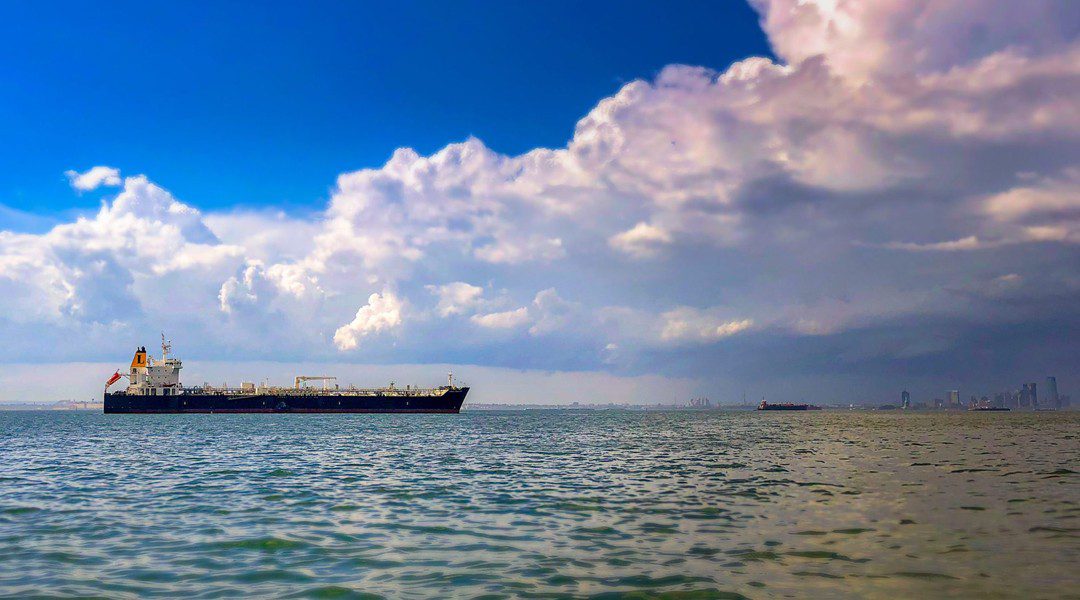Tokyo, Japan | September 25, 2025 – In a move that could significantly reshape the future of alternative marine fuels in Asia, ITOCHU Corporation has announced the signing of a Joint Development Agreement (JDA) with Toray Industries, Inc. and Uyeno Transtech Ltd. to develop Japan’s first ammonia bunkering hub.
The agreement marks a critical step toward the commercialization of ammonia as a zero-emission marine fuel, as the maritime industry accelerates efforts to comply with global decarbonization targets set by the International Maritime Organization (IMO).
Under the JDA, the three Japanese companies will jointly explore the technical, regulatory, and commercial foundations required to establish an operational ammonia bunkering facility. This includes validating safety protocols, designing necessary land- and vessel-based infrastructure, securing approvals from national authorities, and defining commercial terms for bunkering services.
Ammonia is increasingly seen as a viable zero-carbon fuel alternative, particularly for large ocean-going vessels. Its potential to eliminate carbon dioxide (CO₂) emissions during combustion aligns closely with IMO’s revised strategy, which aims to achieve net-zero GHG emissions from international shipping by or around 2050.
Each partner brings specific capabilities to the project:
Earlier this year, ITOCHU placed a newbuilding order with a domestic shipyard for a purpose-built ammonia bunkering vessel. The company plans to first demonstrate ammonia bunkering operations in Singapore, one of the world’s largest marine fuel hubs.
Following successful trials, ITOCHU aims to assess the feasibility of relocating the vessel to Japan, where it would support the rollout of domestic ammonia fueling operations. This approach enables real-world testing under high-traffic conditions while gradually building capacity for Japan’s own supply chain.
The development is part of what ITOCHU calls its “Integrated Project,” which includes both the construction of ammonia-fueled vessels and the creation of a global bunkering network for ammonia as marine fuel.
As part of the initiative, ITOCHU will also conduct Life Cycle Assessments (LCA) to evaluate the environmental impact of ammonia as a marine fuel across the full value chain — from production to end-use. The results will inform future decisions around sourcing, infrastructure investment, and scalability.
The company’s efforts align with its broader sustainability policy, “The Brand-new Deal – Profit opportunities are shifting downstream”, which focuses on transitioning its portfolio in line with the UN Sustainable Development Goals (SDGs).
As shipping looks to pivot away from fossil-based fuels, ammonia is gaining serious traction due to its zero-carbon potential and compatibility with large-scale maritime operations. The move by ITOCHU, Toray, and Uyeno Transtech demonstrates a concrete and coordinated push from Japanese industry to lead in ammonia bunkering infrastructure, potentially setting the stage for broader adoption across Asia and beyond.
With pilot operations expected in Singapore and preparations underway in Japan, the success of this collaboration could provide a roadmap for other nations looking to decarbonize their maritime sectors.
The history ofITOCHU Corporationdates to 1858 when the Company’s founder Chubei Itoh commenced linen trading operations. Since then, ITOCHU has evolved and grown over 160 years. With approximately 90 bases in 61 countries, ITOCHU, one of the leading sogo shosha, is engaging in domestic trading, /export, and overseas trading of various products such as textile, machinery, metals, minerals, energy, chemicals, food, general products, realty, information and communications technology, and finance, as well as business investment in Japan and overseas.





